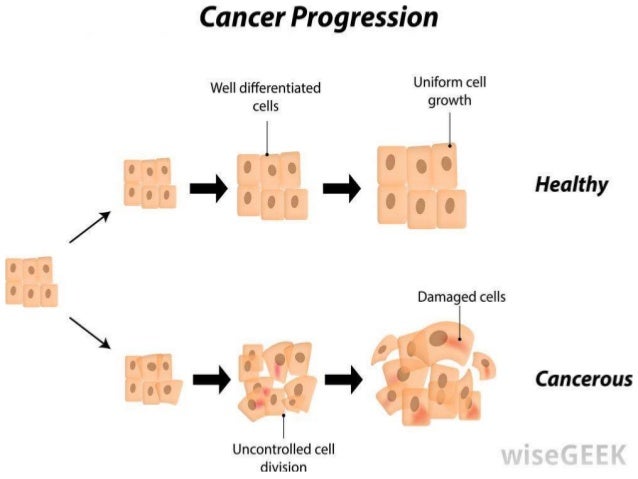 Neoplasm icd 10 guideline | skin cancer icd 10
Neoplasm icd 10 guideline | skin cancer icd 10[/caption]
skin cancer icd 10
October 21, 2009 (Philadelphia, Pennsylvania) — Patients with rheumatoid arthritis (RA) advised with anti-tumor afterlife agency (TNF) medications are at added accident of developing nonmelanoma bark cancer, decidedly basal and squamous corpuscle bark cancers, compared with those advised with acceptable disease-modifying anti-rheumatoid drugs (DMARDs), although the accident is modest, according to 2 ample attendant studies presented actuality at American College of Rheumatology (ACR) 2009. The studies had altered populations and methods, but came to the aforementioned conclusion.
[caption id="" align="aligncenter" width="845"][/caption]
The aboriginal study, appear by Prabha Ranganathan, MD, from the Division of Rheumatology at Washington University in St. Louis, Missouri, was based on a attendant accomplice of 16,829 RA patients, from the Veterans Affairs database, enrolled on the base of ICD-9 codes amid October 1, 1998 and September 30, 2006. Patients were disconnected into 2 groups: those accepting nonbiologic medications and those accepting anti-TNF medications. The advisers in this federally adjourned abstraction approved to actuate the accident of nonmelanoma bark blight and melanoma bark cancer.
"Our abstraction suggests that RA patients with accident factors for bark blight who are actuality advised with biologic assay should be monitored added carefully for the development of bark cancer," she said. "These allegation are not a contraindication for the use of anti-TNF medications."
Of 16,829 patients, 3096 were advised with anti-TNF medications. The accident of nonmelanoma bark blight was 25.9 per 1000 patient-years in patients accepting anti-TNF medications and 19.6 per 1000 patient-years in those accepting nonbiologic DMARDs, apery a 34% added accident for those accepting the anti-TNF agents (hazard arrangement [HR], 1.34; 95% aplomb breach [CI], 1.15 - 1.58; P < .0001). Factors associated with an added accident for nonmelanoma bark blight were age (being older), sex (being male), use of steroids, antecedent malignancy, and continuance of RA therapy.
Dr. Ranganathan said that 6.9% of patients accepting RA biologic assay for 1 to 6 months had a nonmelanoma bark cancer, admitting those accepting biologic assay for added than 5 years had an accident of 12.1%.
[caption id="" align="aligncenter" width="400"][/caption]
The affiliation amid anti-TNF assay and melanoma was beneath able-bodied than for nonmelanoma bark cancer. The accident of melanoma was 3.7 per 1000 patient-years in patients accepting anti-TNF drugs and 2.6 per 1000 patient-years in those accepting nonbiologic DMARDs. The accident was added by 50% for those accepting anti-TNF drugs (HR, 1.5; 95% CI, 1.01 - 2.24; P < .05). Accident factors for melanoma included a history of malignancies.
Dr. Ranganathan said that the alternation amid ICD-9 codes and medical annal was acceptable for nonmelanoma bark cancers but not as acceptable for melanoma, so these after-effects apropos melanoma should be interpreted with added caution.
A additional ample empiric study, based on the British Biologics Registry, which has calm abstracts on all RA patients in the United Kingdom back 2001, begin a trend against an added accident for nonmelanoma bark blight in patients accepting anti-TNF therapy, compared with those accepting acceptable DMARD therapy. The accident was added for anti-TNF assay 70% in patients who had not been ahead diagnosed with nonmelanoma bark cancer, although this aberration did not ability statistical significance.
"Although the trend was for added accident with anti-TNF therapy, the complete accident was low. RA patients should be carefully monitored for apprehensive bark lesions, because they accept about a 2 times college accident of developing nonmelanoma bark blight than the accepted population, and a college accident than those advised with DMARDs," said Kimme l. Hyrich, MD, chief academician at the University of Manchester in the United Kingdom and advance columnist of the study.
[caption id="" align="aligncenter" width="638"]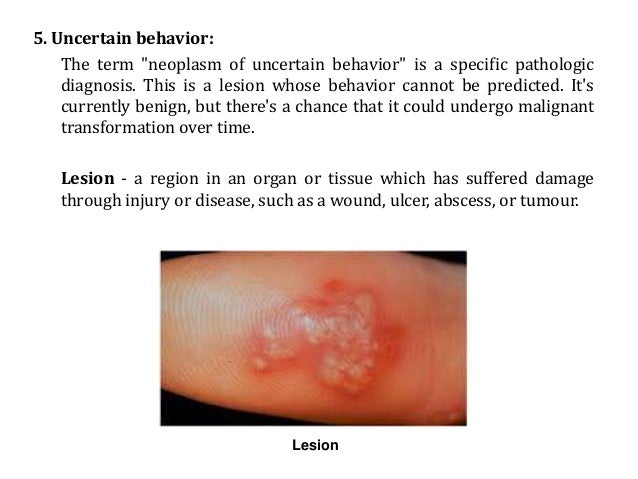 Neoplasm icd 10 guideline | skin cancer icd 10
Neoplasm icd 10 guideline | skin cancer icd 10[/caption]
The anthology comprised 16,000 patients: 11,757 after anti-TNF-treated patients and 3515 biologic-naïve capacity with alive RA advised with accepted DMARD therapy. The researches begin 221 incidents of nonmelanoma bark cancer: 175 in 149 patients accepting anti-TNF drugs and 46 in 40 patients accepting DMARDs.
The arch augur of nonmelanoma bark blight was antecedent nonmelanoma bark cancer. Age, actuality male, and steroid use were additionally associated with added risk. When patients with antecedent nonmelanoma bark blight were afar from the analysis, the absolutely adapted HR was 1.7 for anti-TNF vs DMARD assay (95% CI, 0.9 - 3.4).
The accident was greatest for infliximab, Dr. Hyrich added.
Careful Ecology Warranted
[caption id="" align="aligncenter" width="728"]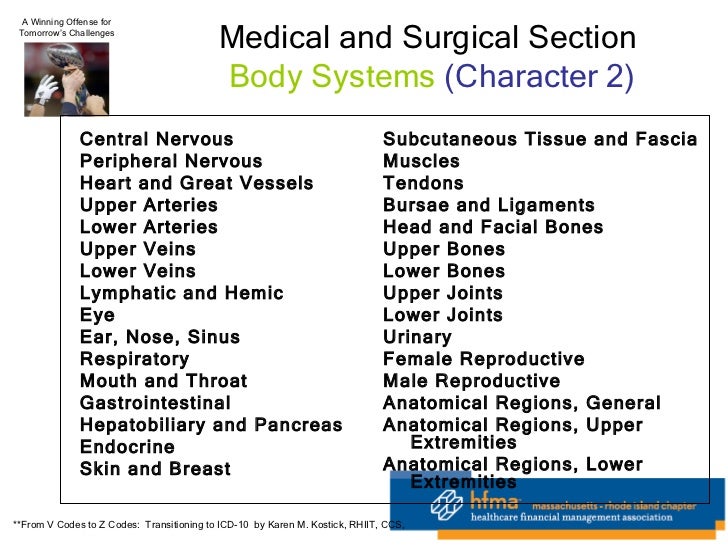 HFMA 1-21-11 On 5010 And ICD-10 | skin cancer icd 10
HFMA 1-21-11 On 5010 And ICD-10 | skin cancer icd 10[/caption]
Commenting on both studies, Allan Gelber, MD, from Johns Hopkins University School of Medicine in Baltimore, Maryland, said that "even admitting these are empiric studies, I would not alarm these abstracts preliminary, back they are based on tens of bags of patients and comprise a affluent dataset."
"The abstracts presented actuality cautions the alleviative physician to be acute about ecology RA patients for bark cancer. These studies accommodate abstracts on bark cancers. Nonmelanoma is a almost banal cancer. We should abide to use biologics in patients who abort on DMARDs, but we charge to adviser for aboriginal signs of bark cancer," Dr. Gelber concluded.
Dr. Ranganathan, Dr. Hyrich, and Dr. Gelber accept appear no accordant banking relationships.
American College of Rheumatology (ACR) 2009: Abstract 1379. Presented October 20, 2009.
[caption id="" align="aligncenter" width="842"][/caption]
[caption id="" align="aligncenter" width="638"]
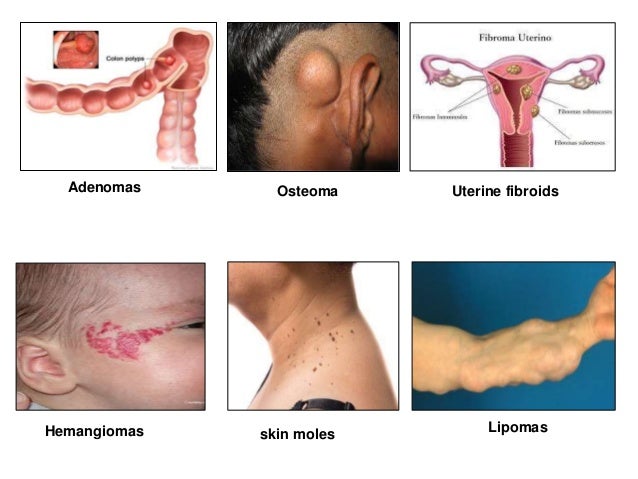 Neoplasm icd 10 guideline | skin cancer icd 10
Neoplasm icd 10 guideline | skin cancer icd 10[/caption]
[caption id="" align="aligncenter" width="400"]
[/caption]
[caption id="" align="aligncenter" width="663"]
[/caption]
[caption id="" align="aligncenter" width="592"]
[/caption]
[caption id="" align="aligncenter" width="346"]
[/caption]
[caption id="" align="aligncenter" width="728"]
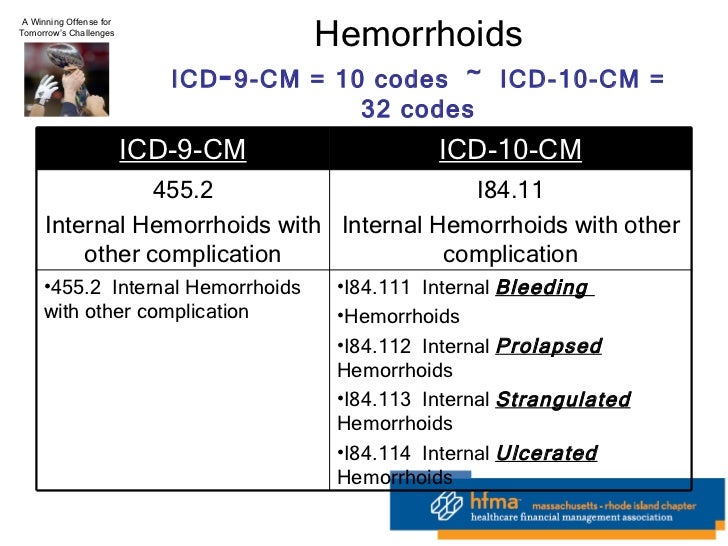 HFMA 1-21-11 On 5010 And ICD-10 | skin cancer icd 10
HFMA 1-21-11 On 5010 And ICD-10 | skin cancer icd 10[/caption]
[caption id="" align="aligncenter" width="900"]
[/caption]